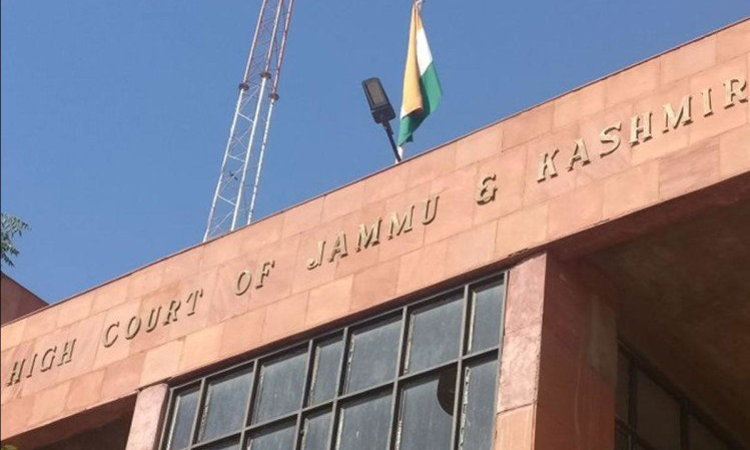Can't Evaluate Victim's Statement Recorded U/S 164A CrPC While Exercising Inherent Powers U/S 482 CrPC: J&K&L HC
Sebin James
6 Dec 2021 9:59 AM IST

Next Story
6 Dec 2021 9:59 AM IST
The Jammu & Kashmir & Ladakh High Court has recently held that it cannot critically evaluate the statement of prosecutrix recorded under Section 164A of Code of Criminal Procedure, 1989 while exercising the court's inherent powers under Section 561-A (now 482) of the Code. Placing reliance on the apex court judgment in Rajeev Kaurav v. Bai Sahab (2020), Justice Rajnesh...
